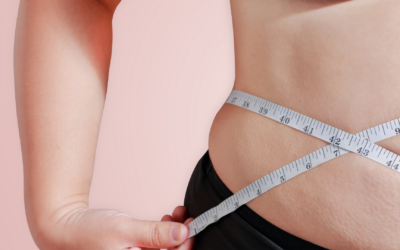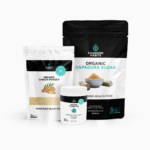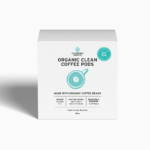There is a lot of information out there about the ketogenic diet. This is a low-carb, high-fat (LCHF) diet where you also eat moderate amounts of protein. Carbohydrates are reduced drastically and are replaced with good quality fats. Reducing your carbohydrate intake puts your body into a metabolic state called ketosis.
Many people appear to be embracing ketosis as a lifestyle. However, our nutritionist Sheridan Austin suggests that it should only be considered as a temporary measure. It can be done intermittently, but she suggests you should not be in ketosis for more than a month at a time.
Who Might Benefit From Ketosis?
People that might benefit from going into ketosis include:
- Those with gut imbalances – sugar (a carbohydrate) can feed candida and parasites, etc, in your gut so reducing sugar for a time can help. Symptoms of too much sugar can include a skin rash, thrush and even increased anxiety/depression, as sugar alters your neurotransmitter production and throws your moods out
- People with PCOS
- Those with Alzheimers
- People with Parkinsons
- Those with diabetes
- People with epilepsy
- Those who need to lose weight.
Everyone is an individual and you should consider finding the cause of your problem before you try ketosis. It’s important to seek support when entering ketosis and you shouldn’t jump from a heavily processed diet to a ketosis diet; there needs to be a steady progression. However, we can all benefit from healing our gut first.
Watch this video to find out more:
Some Things To Be Aware of When Considering Ketosis
Some foods are carb rich but also nutrient dense – it’s important to keep your nutritional intake up. Beetroot, for example, is often forbidden on a low-carb diet but it’s full of nutrients. Consider consuming fermented foods. Fermenting takes away the sugars. But, again, only choose the foods that are right for you.
Make sure you get your minerals – we can actually lose minerals in the process of making ketones, due to heightened cortisol levels which can lead to mineral imbalances. Keep up your sodium and potassium intake from mineral-rich salt, lemon, lime, apple cider vinegar and colloidal minerals.
Feed your beneficial bacteria – the biggest problem when going sugar free for a long time is depleting your beneficial bacteria. If you are constantly in ketosis, consider reintroducing sugar through beneficial carbohydrates, such as green banana flour. This is a resistant starch – it feeds beneficial bacteria. You can use this flour in cakes, pancakes, etc, and it won’t necessarily raise your blood sugar levels like other carbohydrates such as sweet potato or banana. Another beneficial starch is white rice – just be sure to rinse, soak and cook it well.
Drink plenty of water – the process of producing ketones uses lots of water so it’s important to keep your water intake up.
People with adrenal issues should take care – it is not well researched, however, anecdotally, it is quite evident that people with adrenal issues don’t do very well on ketosis. They might be able to eventually, but need to take things slowly at first and get on a real food diet. They could try reducing their carbohydrates, but not going into full ketosis. This is because when you are in ketosis, your adrenals are under the pump as your body starts to produce ketones. Your heart might race a bit faster or you might feel fatigued and wired at the same time. Listen to your body.
You can read more about the ketogenic diet here.
Have you tried ketosis? Share your experiences with us below!









0 Comments